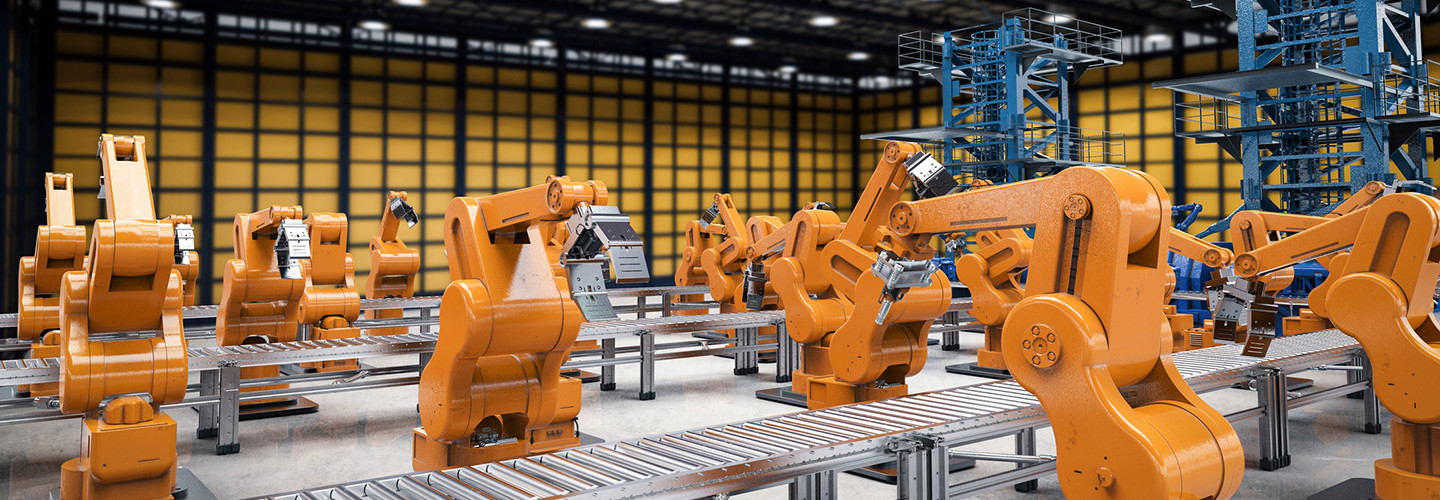Survey Explores How Tech Will Shape the Workforce for Upcoming Graduates
As more cutting-edge technology is introduced, the job markets — and the universities that prepare future workers— will need to adapt to the changes it will bring about.
A recent Pew Research Center survey found that about 70 percent of respondents (tech industry experts and higher education thought leaders alike) say that new educational and training programs will need to emerge to successfully prepare large numbers of employees for the new skills they’ll need.
The study explored what kinds of technology can be used to provide this preparation, how artificial intelligence and machine learning will impact the workforce and how fast they believe society can adapt.
Online and Hybrid Learning Can Boost Real-World Skills
As experts were asked by Pew to identify how to create such a training ecosystem, many indicated the expansion of online learning to continue to provide flexible, self-driven learning opportunities.
“Most of these experts expect the education marketplace — especially online learning platforms — to continue to change in an effort to accommodate the widespread needs,” Pew reports.
Education experts indicated that online education can be expanded to provide more “on-demand” training with a focus on preparing students to be lifelong learners and eventually offer on-the-job online training programs.
“Most of what we now call online learning is little more than glorified textbooks, but the future is very promising,” says David Karger, a computer science professor at MIT. “Online teaching will increase the reach of the top universities, which will put pressure on lesser universities to demonstrate value.”
The top-rated program at Embry-Riddle Aeronautical University is already exploring the possibilities that it can offer online students through things like crash simulations.
Overwhelmingly, respondents to the Pew survey indicated that they believe that large-scale training for skills like computational thinking will be established by 2026.
Combating the Digital Divide Technology Might Increase
Roughly 30 percent of the respondents of the survey indicated that they believed the “trajectory of technology will overwhelm labor markets, killing more jobs than it creates.”
These industry experts and educators indicated that AI and machine learning would provide automation for a lot of the jobs currently held by low-income people, thus increasing the digital divide.
“Up to the present time, automation largely has been replacing physical drudgery and repetitive motion — things that can and should improve the quality of people’s work lives,” says Glenn Ricart, the CTO of US Ignite, in the report. “But in the next decade or two, there is likely to be a significant amount of technological innovation in machine intelligence and personal assistants that takes a real swipe out of the jobs we want humans to have.”
Though the experts that look positively on the future job market indicate that automation will take care of a lot of tasks, jobs will still need humans for emotional intelligence, creative judgment and discernment.
Also, the continued proliferation of online learning will help spread training for more sophisticated skills to all populations.
At some rural colleges, distance learning with tools like Skype have helped bring increased learning opportunities wherever they are.
“Broadband is a great equalizer. Most, if not all, rural colleges today have the fast internet connections they need to provide not only Wi-Fi on their campuses, but also online and distance-learning courses,” reads the article on EdTech.








